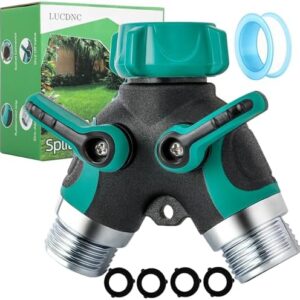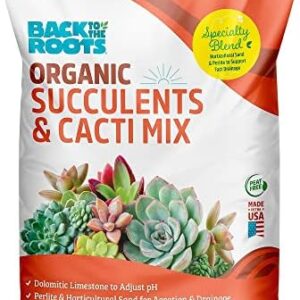When it comes to gardening, there are endless techniques and methods to choose from. However, one approach that is gaining popularity is organic gardening. Instead of relying on synthetic chemicals and pesticides, organic gardening focuses on using natural methods to cultivate plants and vegetables. From composting to companion planting, there are a variety of organic gardening techniques that can help you create a thriving and sustainable garden.
One of the key benefits of organic gardening is the positive impact it can have on your health. By avoiding the use of chemical pesticides and fertilizers, you can reduce your exposure to harmful substances that can potentially harm your health. In addition, organic produce is often richer in essential nutrients, making it a healthier choice for you and your family. By growing your own organic fruits and vegetables, you can rest assured knowing exactly where your food comes from and how it was produced.
Organic gardening also benefits the environment. By choosing natural methods to nourish and protect your plants, you can minimize your impact on the ecosystem. Chemical pesticides and fertilizers can contaminate the soil, water, and air, causing harm to wildlife and polluting the environment. In contrast, organic gardening promotes biodiversity and supports the health of the soil, creating a more sustainable and resilient ecosystem.
Composting is a fundamental practice in organic gardening that can significantly enhance the health of your garden. By recycling organic materials such as fruit and vegetable scraps, yard waste, and grass clippings, you can create nutrient-rich compost to feed your plants. Compost helps improve soil structure, retain moisture, and provide essential nutrients for healthy plant growth. Additionally, composting reduces waste and minimizes the need for chemical fertilizers, making it a sustainable and cost-effective solution for gardening.
Another key aspect of organic gardening is companion planting, which involves growing compatible plants together to enhance their growth and productivity. By combining plants that benefit each other, such as marigolds to deter pests or beans to fix nitrogen in the soil, you can create a balanced and thriving garden ecosystem. Companion planting also helps reduce the need for chemical pesticides and fertilizers, promoting a more natural and harmonious approach to gardening.
Incorporating beneficial insects and natural predators into your garden is another essential organic gardening technique. By attracting insects such as ladybugs, lacewings, and praying mantises, you can control pest populations naturally without the use of harmful chemicals. These beneficial insects prey on pests that can damage your plants, helping to maintain a healthy and balanced environment in your garden. Additionally, creating habitats for birds and other wildlife can further support the natural ecosystem and promote biodiversity.
Organic gardening is not only beneficial for your health and the environment, but it can also be a rewarding and enjoyable hobby. Growing your own organic fruits and vegetables allows you to connect with nature, learn new skills, and enjoy the satisfaction of harvesting your own crops. Whether you have a small backyard garden or a larger plot of land, organic gardening can be adapted to suit your space and preferences. From container gardening on a balcony to creating a permaculture garden, there are endless possibilities to explore and experiment with organic gardening techniques.
In conclusion, organic gardening offers a holistic and sustainable approach to cultivating plants and vegetables. By avoiding synthetic chemicals and pesticides, and instead focusing on natural methods such as composting, companion planting, and attracting beneficial insects, you can create a healthy and thriving garden that benefits both you and the environment. Whether you are a seasoned gardener or just starting out, organic gardening offers a rewarding and fulfilling experience that allows you to nurture the earth and enjoy the fruits of your labor. So why not take the natural route and explore the benefits of organic gardening techniques for a greener and healthier future.






